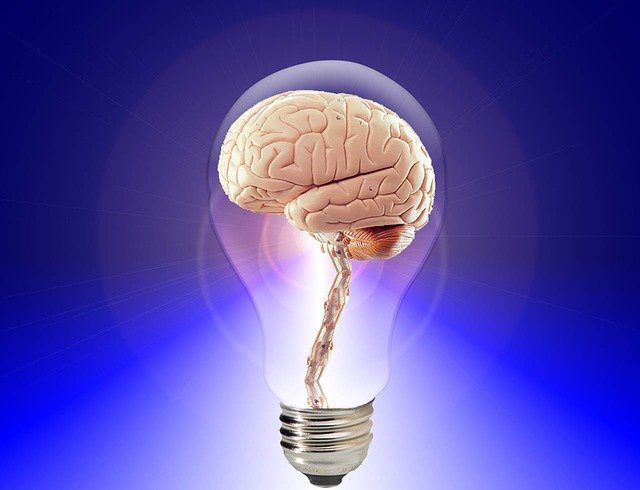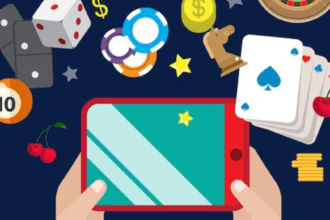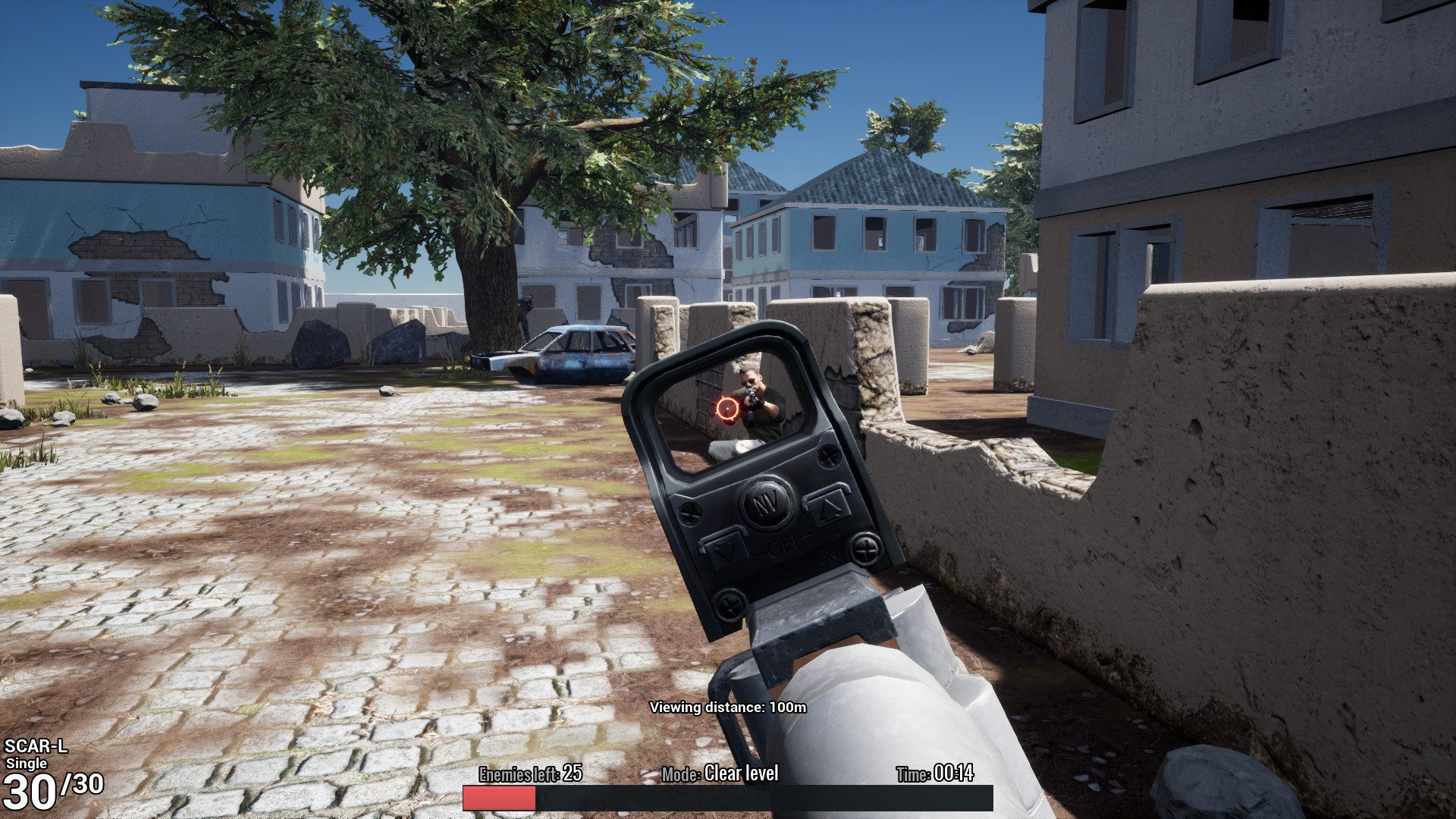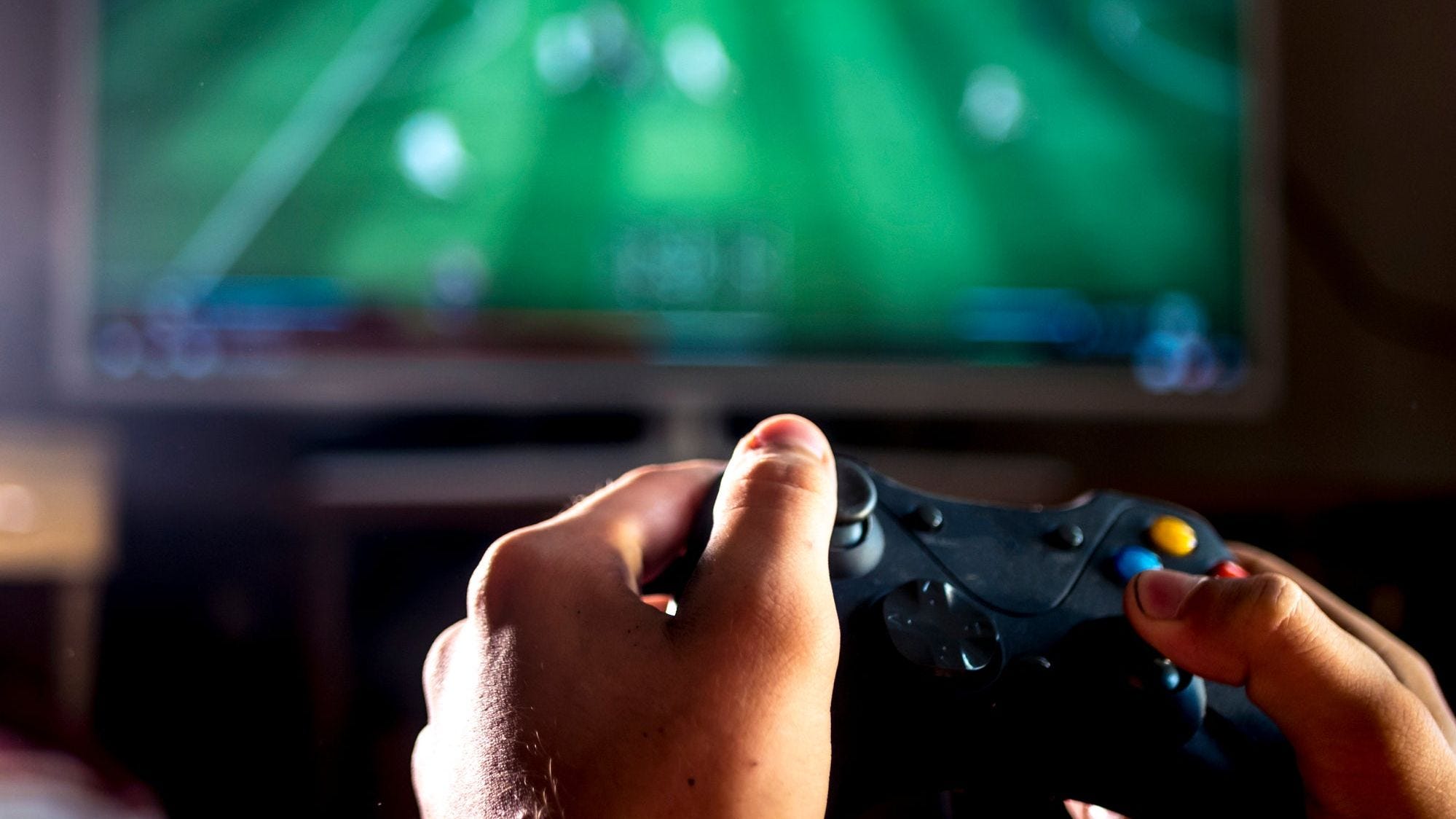 Photo by DCStudio (Author), Freie Lizenz (Licence)
Photo by DCStudio (Author), Freie Lizenz (Licence)
Surely you feel it yourself: When you play your favorite games, may it be Candy Crush, Among Us, or Call of Duty, something changes. Maybe you feel tension or relaxation, you notice that your brain cells activate, probably in regions that are otherwise less addressed. You feel happy, sometimes angry, in some situations even real rage. In the game, you can be frightened, and you can win or lose, but it has quite different effects on the emotional life than, for example, professional triumphs and defeats. You are in another dimension, where it is not about your income, your existence. Everything revolves around a great adventure that takes place mainly in your head.
Playing is something quite natural for human beings: They use it to develop and train their skills, not only when they are very young, but also as adults. However, we don’t usually play because we want to develop, but because we enjoy it. Thus, development is “only” a side-effect, although, from an evolutionary point of view, it is the actual goal of play. The way of playing has changed in the digital age, or rather: a new component has been added, playing on the screen, which is becoming more and more complex and at the same time more popular. But no matter whether you are engaged in virtual or analog gaming, it always activates the release of dopamine. This neurotransmitter increases drive and motivation and initiates feelings of happiness. Studies have shown that people who play computer games for 30 minutes a day feel more alert, vital, and active afterward.
In one case, researchers had their subjects play Super Mario for half an hour every day for 8 weeks. However, Super Mario is only one of the thousands of options available today. Some people prefer to play something more somber, such as the first-person shooter Doom Eternal. Others even turn to e-sports, they compete in tournaments with other players and sometimes become real professionals. On the other hand, there is the possibility to bet on these digital athletes and thus get deeper into the game even as a layman. That gets the emotions going! On the comparison portal SBO you can find numerous reputable providers that accept bets under their respective conditions. Visitors can view the various conditions and compare them directly to finally decide on a betting platform. You probably won’t need 30 minutes to place a bet, unless you carefully weigh your chances beforehand by consulting sports statistics, which many bookmakers offer on their sites. At this point, it becomes clear: Games can be very different!
But back to the Super Mario trial. In this case, the players had to navigate a course while another group of test subjects reads an e-book instead of playing. Each participant had to undergo a daily head MRI because the researchers wanted to know what was going on there. After eight weeks, several brain areas of the gamers had increased in size, especially the hippocampus. This region is responsible for memory formation and spatial navigation. The prefrontal cortex, responsible for strategy, decision-making, and reaction, had also increased in size. Some parts of the cerebellum also benefited, namely those that control the fine motor skills of the fingers. No changes were seen in the reader’s brains. An astonishing result, considering that digital gaming tends to have a bad reputation in terms of brain health.
One effect stood out in particular: the brain areas grew especially strongly in those people who had a lot of fun playing the game. So fun not only seems to make us want to play games, but it also helps enormously with our further development. It’s probably not only in gaming that we learn significantly faster when we’re having fun doing what we’re doing.
In any case, it cannot be denied that certain computer games improve our cognitive abilities and also upgrade fine motor skills. According to current findings, these include jump-and-run games, puzzle games like Tetris, and logic games. Sports betting could be placed in the latter category because it is not a matter of blindly betting on a team or an athlete, but rather of a variety of tactical considerations – in other words, a great deal of logic. Action role-playing games don’t seem so suitable, although they also trigger something. And, of course, the dosage is important, because our human brain needs a lot of different “food” to develop in a complex way.
 Photo by DCStudio (Author), PublicDomainPictures (Licence)
Photo by DCStudio (Author), PublicDomainPictures (Licence)
Of course, your body goes way beyond your brain, and when you play, you feel for yourself that there’s a lot going on. The symptoms we’ve already described indicate, for example, that your cardiovascular system is heavily involved, and adrenaline production also benefits from this hobby. Computer gaming counts as so-called “good stress”, which gets the body going, but is not so aggressive that it causes profound damage. Rather, it has a pleasantly beneficial effect – if it does not take in too much.








